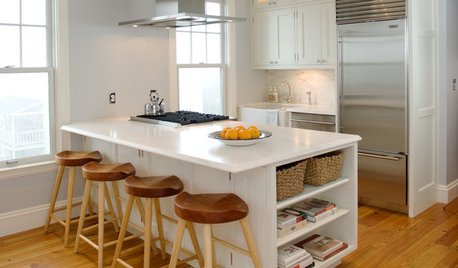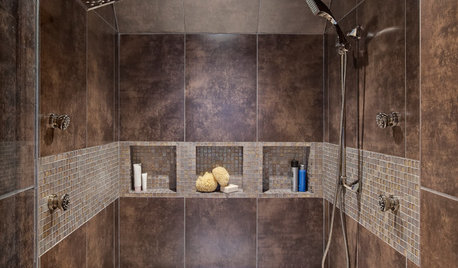Thanks to z1700 and others who have been made aware that the TT Prestige is a good(probably te best) gas fired boiler. I have had at least one contractor, in an initial conversation, attempt to step away from TT and over to Weil because (he said) he has a good relationship with Weil and can count on support and parts. Good American company. The TT and some of the other good products are European and it is much more precarious to get parts and back-up, according to him. Should I take his guidance on this? Parts might be available but a couple of service calls would wipe out a lot of efficiency or reliability savings.
He also said he put in several WMC GV series products not far from here and they have both gone 14-15 years and only now need parts -- which I guess sounds good, but with an 80 year old boiler that has had nary a hiccoucph in the 30 years I've been here, I guess I need to recalbrate my notion of long life.
Anyway, back to the original question -- should I push for the TT? I'm sure I can get someone to put one in but just want to feel that it is a correct decision.





janedibber
zl700
saydeOriginal Author
zl700
saydeOriginal Author
badgerboilermn
humewood
hollywood113
HU-138999788